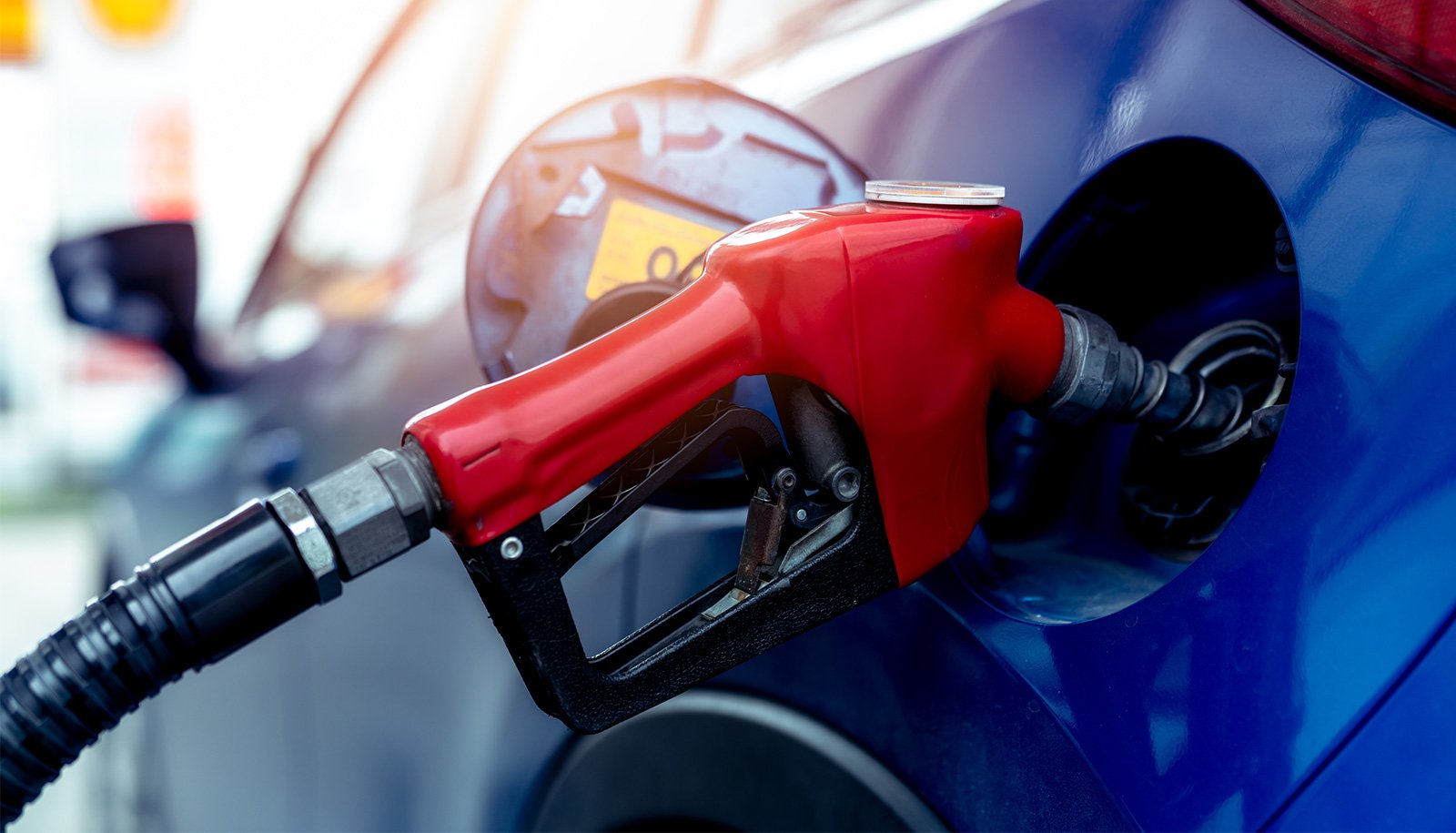When you’re in the market for a vehicle, one of the critical decisions you’ll make is choosing between diesel versus gasoline engines.
There are several factors — including cost, performance, and sustainability — that you must consider before making this crucial decision.
If you’re ready, this comprehensive comparison aims to provide you with all the information you need to make the right choice for you and your needs.
3 DIFFERENCES BETWEEN DIESEL & GAS
You may question which is better — gas or diesel. There are several differences and benefits of owning both.
1. Cost
One of the most notable differences between gas and diesel engines is their cost. Diesel engines are more expensive than their gasoline counterparts, both because of the technology involved and the higher cost of diesel fuel.
However, they can also save you money in the long run, thanks to their superior fuel efficiency. Durable diesel engines can also last longer and require less maintenance, offsetting the initial cost difference.
2. Performance Differences
Diesel engines have more torque than gas engines, making them ideal for hauling heavy loads and towing. They’re also known for their efficiency and longevity, meaning they can offer improved fuel economy with consistent power on long drives.
Conversely, gasoline engines deliver a smoother ride while providing quicker acceleration and higher top speeds, making them better for sporty and spirited driving.
3. Environmental Considerations
Is diesel or gas better for the environment? While you may assume that diesel engines produce more harmful emissions than gasoline engines, modern diesel engines now produce fewer pollutants than their counterparts.
Their superior fuel efficiency means they emit less carbon dioxide than gasoline engines, making them a better choice for those who wish to reduce their carbon footprint. Still, depending on how the fuel is produced and distributed, diesel fuel can contain a complex mix of toxins and pollutants.
The Pros and Cons of Diesel vs. Gasoline
While both gasoline and diesel engines have advantages and disadvantages, the choice will depend on your unique needs, preferences, and circumstances. Gasoline engines are often cheaper and more readily available, making them an excellent option for the average commuter.
However, diesel engines offer superior fuel economy, long-term durability, and more torque, making them more suitable for heavy-duty tasks like towing and hauling.
INSURANCE FOR DIESEL VS. GASOLINE VS. ELECTRIC VEHICLES
Shopping for a new car is always exciting, but have you considered the differences in insurance costs for different vehicles? Insurance premiums can differ depending on the type of vehicle you choose — including whether it runs on diesel, gasoline, or electricity. Let’s inspect the differences in insurance costs for these three types of vehicles.
Diesel Vehicles
Diesel vehicles have some unique insurance considerations that can make them more expensive to insure than gasoline or electric vehicles.
One of the most significant factors in diesel insurance costs is that these engines are more prone to breakdowns and malfunctions than gasoline engines. As a result, diesel vehicles are often more expensive to repair or replace than gasoline vehicles, which can drive up insurance premiums.
Additionally, diesel vehicles are often more costly to purchase than gasoline vehicles, affecting insurance costs.
Gasoline Vehicles
Gasoline vehicles are the most common type of vehicle in the market and, as a result, have the lowest insurance costs. This is partially because gasoline engines are less prone to malfunctions and breakdowns than diesel engines.
Gasoline vehicles are also less expensive to purchase than diesel or electric vehicles, which can also make them more affordable to insure.
Electric Vehicles
Electric vehicles are still relatively new to the market but are quickly gaining popularity. While they’re more expensive than gasoline vehicles, electric cars often have lower insurance costs because of their advanced safety features and low risk of accidents.
Electric cars are also less prone to breakdowns and malfunctions than diesel vehicles, which can lead to lower repair and replacement costs in the event of an accident.
WHAT OTHER FACTORS AFFECT AUTO INSURANCE COSTS?
While the type of vehicle you choose is a significant factor in your auto insurance costs, many other factors can also impact your premiums.
The most important factors include your driving history, geographic location, and age. The make and model of your vehicle, as well as its safety features, can also influence your insurance costs. When shopping for a new vehicle, it’s important to consider insurance costs besides the upfront cost of the vehicle.
By considering these factors, you can make an informed decision and find the insurance policy that’s right for you and your vehicle.
Choosing between diesel and gasoline vehicles can be challenging, but with the right information, you can make the right choice for your driving needs.
Consider factors like cost, performance, sustainability, environmental impact, and insurance cost to make an informed decision. Regardless of which fuel type you choose, ensure you’re purchasing a vehicle that aligns perfectly with your lifestyle needs and budget.
If you need help finding the best car insurance coverage for the best price, start by speaking to a SimplyIOA agent at 833.872.4467 or get an auto insurance quote online now.










